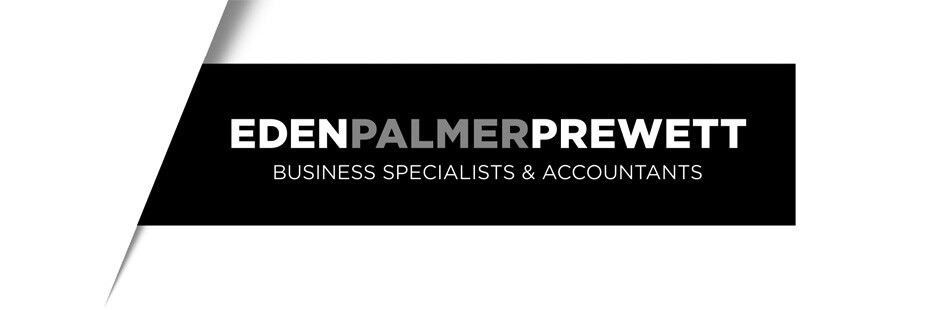Nearly all businesses we talk to at the moment are hungry for growth. The recession has seen the turnover and profitability of many businesses go backwards in recent times and people are now starting to look at how they can move things forward again.
The important thing to realise when dealing with a growing business is that growth generally requires cash. If we use a typical importer / distributor business as an example, in order to sell more stock to its customers it first needs to purchase more stock from its suppliers and this will require funding. Once this additional stock arrives and is sold, it may be several weeks beforethe business actually gets paid by the customer.
Typically, as we see sales volumes increase month after month we will see the cash position of a business deteriorate. This is because both stock and debtors levels keep pace with the increased sales activity. The cash generated from growth won’t actually be seen until turnover stabilises.
Some commentators have predicted that we will see significant business failures as we come out of the recession simply because business owners won’t be able to fund their growth. So, how do you make sure that you don’t become a casualty of your own growth?
Here are a few strategies to consider:• Once you know how much cash you are likely to need, approach the bank early to discuss options. You don’t want to be discussing extending your overdraft facility the day before you need to make a big payment to a supplier.
• Make sure that your bank is on-board with your long term plans for growth. You don’t want to have to approach the bank every few months to extend facilities as your business grows. Explain your plans to them and find a solution that will work as the business grows.
• Talk to your advisers and get their input. As accountants, we know what financial products the different lenders have available and will be able to help find a solution even if your own bank seems unable to assist. Obviously the impact of growth on cash will be different for every business and they can be reduced by methods such as negotiating payment terms with suppliers, getting up-front payments from customers and having great stock and debtor controls in place. The important thing is to plan for your growth and understand what effect it will have on the cash position of your business. As the old saying goes, failing to plan is planning to fail.
